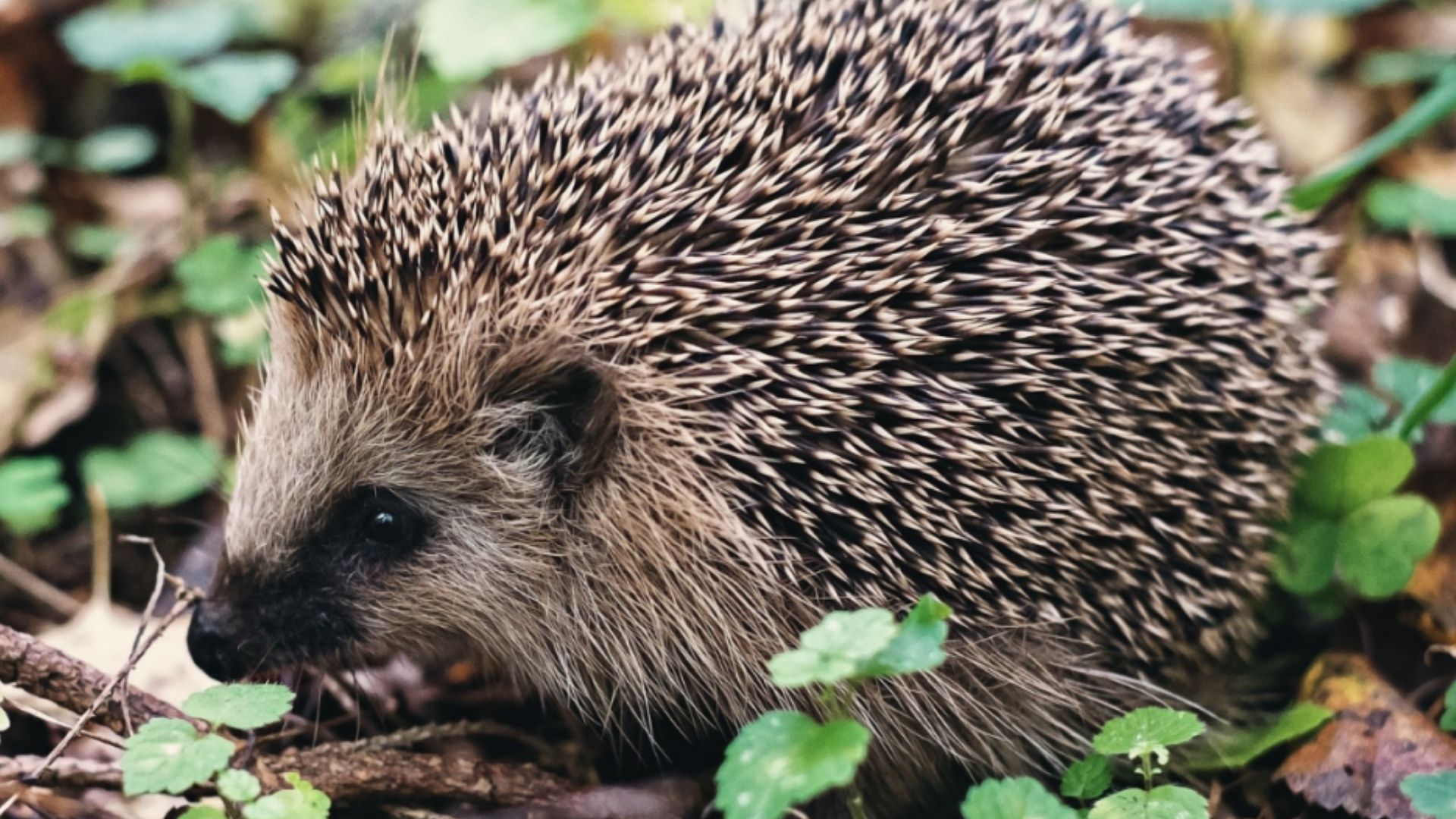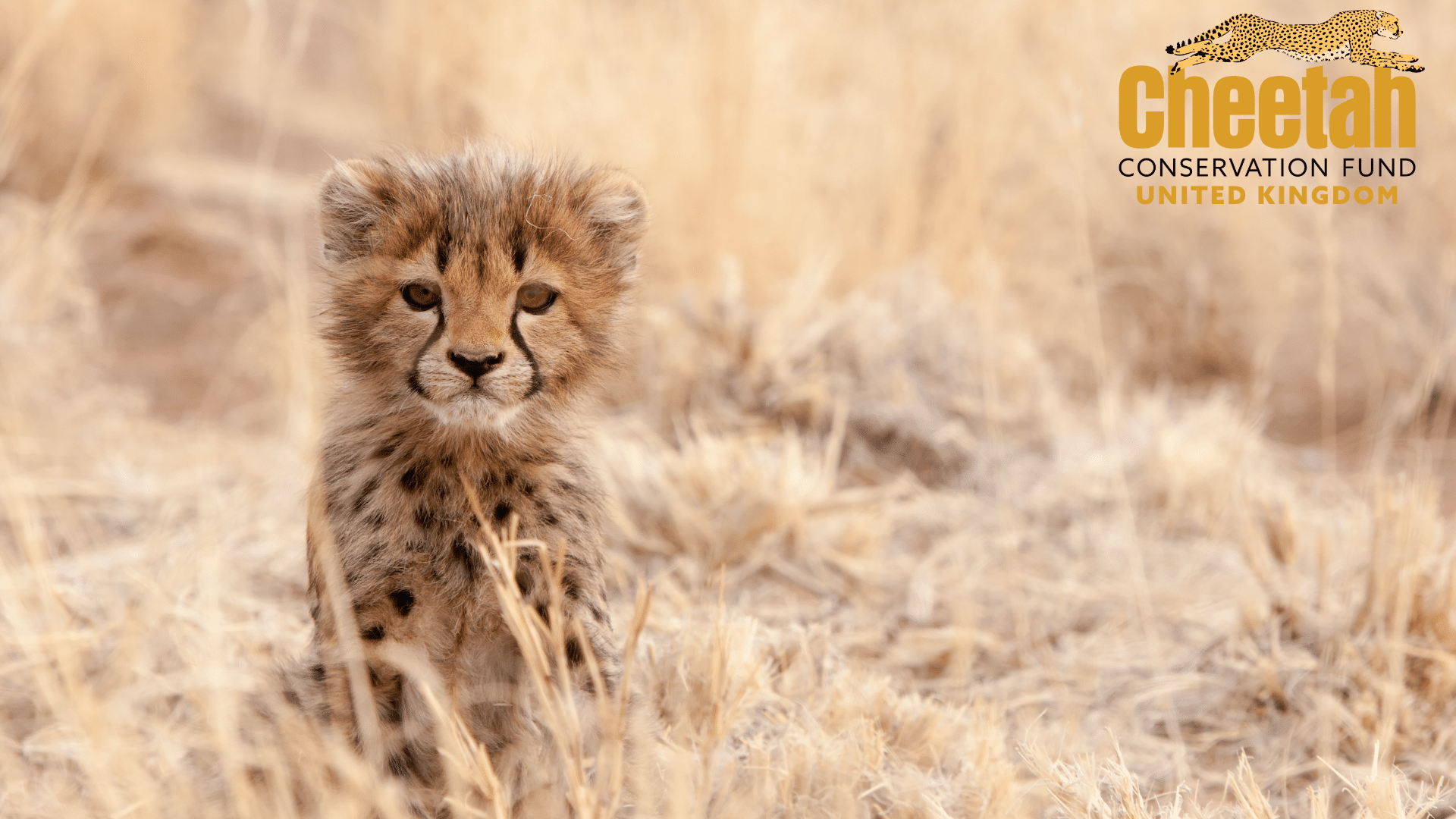
Conservation projects
For a lot of species, Dartmoor Zoo’s environment differs greatly from that of their natural, wild habitat.
Even though we do everything we can to mimic their natural habitats, this may influence animals that are adapted to the challenges of the wild. Therefore, a large proportion of the research carried out at Dartmoor Zoo focuses on understanding how the captive environment may influence the animals, and where appropriate, how this influence can be minimized.
For example, some studies investigate whether aspects of animal husbandry could be improves e.g. through diet, habitat, or veterinary care.
Other topics include the effect of visitors on animals and vice versa, evaluation of the effectiveness of education tools and visitor awareness of native species. Animal cognition is a key aim to study for our research team and exploring animal humour and intelligence.
Before any research takes place there are significant legal consideration that must be considered when undertaking research on zoo animals. Our researchers cannot carry out intrusive studies which may cause distress to the animals. Proposals to carry out research within our zoo are carefully reviewed by the collection and assessed in terms of ethics as well as quality of science and the logistics of gathering data.
How to help hedgehogs in your garden:
- Make your garden a hedgehog highway – make sure that hedgehogs can get in and out of your garden
- Watch out for water – if you have a pond in your garden, make sure there is an easy way for hedgehogs to get in and out
- Do not use slug pellets – not only does this remove food for the hedgehogs, but it can be fatal
- Check long grass before mowing or strimming
- Keep netting off the ground
- Do not give them milk or bread – instead give them fresh water
- Keep your garden a little untidy – they especially like piles of leaves or branches
- Check your recycling – make sure to crush cans and cut plastic rings as these can be hazardous to small mammals

Cheetah Conservation Fund (CCF)
Did you know that a portion of our ticket sales are used to help conservation efforts worldwide?
We are supporting the Cheetah Conservation Fund (CCF) who are dedicated to saving the Cheetah in the wild, by sponsoring 2 ‘Livestock Guarding Dogs’!
- Cheetah Conservation Fund (CCF) works throughout Africa and beyond.
- The cheetah is the most endangered big cat in Africa with less than 7,500 in the wild.
- CCF Headquarters are in Namibia, which hosts one of the largest cheetah populations in Africa, with another centre in the Horn of Africa.
- CCF’s mission is to be the internationally recognised centre of excellence in the conservation of cheetahs and their ecosystems. CCF will work with all stakeholders to develop best practices in research, education, and land use to benefit all species, including people.

ZIMS
Did you know that Dartmoor Zoological Society plays a pivotal role in creating the world’s largest and most comprehensive knowledge base on over 22,000 species? As a member of global non profit Species360, Dartmoor Zoological Society contributes data on the animals and groups in its care every day, from lifecycle traits to environmental needs.
That information is recorded in the Species360 Zoological Information Management System (ZIMS), now 50 years old and the world’s largest source of data on species. To date, Dartmoor Zoological Society has contributed data on more than 1,051 animals and 242 species, subspecies, and breeds to Species360 ZIMS.
ZIMS combines the data from Dartmoor Zoological Society with contributions from like-minded species conservation institutions worldwide. The result changes what is known about animals and their environments, including insight into disease treatment, animal welfare, population health, and species conservation.
